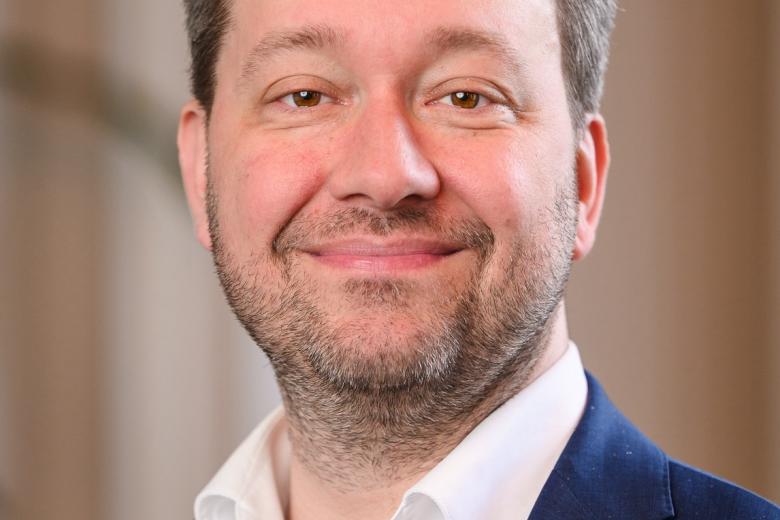Maastricht European Contract Law Students Present Rules on EU Private Law
The Maastricht Project on European Contract Law shows the importance of innovation in legal education and what students can do when we give them the possibility to take matters into their own hands.
On Tuesday 12 June 2012 the students of the Maastricht European Law School presented their research results of the course on European Contract Law. During this 8 week course – that I also taught last year together with M-EPLI director Jan Smits – students design their own ideal system of European Private Law. Although the course is titled ‘European Contract Law’ we interpret this in the widest possible sense: without any problem these students include aspects of unjust enrichment and property law, as well as special rules on contracts relating to sale of goods, sale of land and questions of e-commerce.
Our course begins with a two week introduction on the current state of play in the European Union. After this, students are divided into subgroups and work on questions of – amongst others – withdrawal, standard terms, transfer of ownership or the creation and registration of property security rights. The course is then turned into a project and there is no more teaching in the traditional meaning. Instead, project groups meet to discuss their progress with staff members (me and M-EPLI fellow William Bull in this case). With background knowledge in national private law or comparative law, students immediately call many of our own presumptions into question. The groups I supervised in these last two month had, for example, no difficulties whatsoever to say that land law should be included to keep the transfer system unitary, or to decide that any European Union rules of private law should certainly – perhaps first and foremost – apply in purely domestic settings. The idea of EU rules on cross-border transactions comes natural to them.
This experience has made me reconsider how much politics we actually bring into our line of work these days. We often dare not speak – let alone write – about enlarging the scope of our rules, or their application. The arguments of the Maastricht European Law School students question all of this and – more importantly – are not easily dismissed. These students focus on the requirements for functioning of the internal market and the need for as many unitary approaches as possible. Moreover, they have less problems than many of us to let go of national legal systems for the sake of further integration and use EU law arguments rather then private law arguments to achieve this. They call into question some of our own arguments on political feasibility of the project. A very sharp observation of one student these past weeks has been that academics write that something is politically unattainable if we really have other objections to such development but are unable or unwilling to say so. Perhaps, so some students suggest, we are hiding our protectionist feelings about our own legal system in this way? With the uncertainty on the future of CESL, these arguments might be worth considering (as happened in Rome a few weeks ago (9-11 May 2012).
The excellent presentations show that bachelor students (these are third year) students are able to think about complicated matters and identify underlying policy issues of most essential areas of private law by themselves. Moreover, if trained and coached well, they are also able to create rules that answer to these policy issues. The DCFR, feasibility study and CESL serve as inspiration, but are regularly deviated from. They are able to deal with many more issues that we, and certainly they, would have considered possible two months ago.
I should explain that our Maastricht European Law School students are mostly trained in comparative and European Union law, rather than in a single legal system. Alternatively, these students have more knowledge of Dutch law, but also a strong specialization in EU law (depending on the track they take within the European Law School curriculum). Erasmus students also take part in this course, but sometimes struggle with the approach and the need to be able to combine EU law and private law. They do, however, manage to keep up and contribute their knowledge on their own legal system creating an invaluable exchange of knowledge and approaches between the students.
The Maastricht Project on European Contract Law shows the importance of innovation in legal education and what students can do when we give them the possibility to take matters into their own hands. About 75 students came up with a variety of rules dealing with contact, unjust enrichment and property law. I am looking for a way to share these results and our experience in teaching this way. This blogpost is certainly a start in that direction.
We are considering turning the course into a negotiation game next year and having students simulate the negotiation of a Regulation or Directive on European Contract Law, representing the EU Institutions, Member States and several interest groups. All help is welcome, collaboration the best thing that can happen to us!
B. Akkermans
Bram Akkermans is Professor of Property Law. Bram specialises in sustainability and property law and combines property theory with constitutional property and property doctrine to explore how property law can accommodate sustainable thinking.
